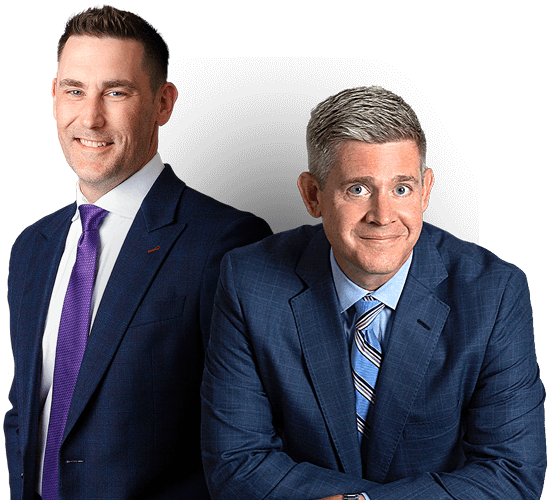Families dealing with accidents involving the loss of a loved one can require a great deal of time to recover. One of the reasons that juries reach multi-million dollar verdicts is to help surviving family members cope both financially and emotionally.
Not only do painful emotions surge, but many families also struggle to cover unexpected medical and burial expenses. When a fatal accident involves an individual who provided financial support, a family may lose their day-to-day living income.
Factors a jury considers for an award
An Oregon jury looks at several factors when deciding an award. Medical or hospital expenses often reflect a family’s largest immediate concern. The court, however, also considers what the family lost in the lifetime of love, comfort and support the deceased would have provided.
Punitive damage awards
A jury may find that a defendant caused an accident because of a lack of reasonable care in preventing it. When a duty of care exists to uphold safety standards, courts may award a surviving family punitive damages based on a defendant’s negligence or recklessness. This portion of an award serves as punishment for the defendant and also sends a message to others to exercise care and caution.
Multi-million dollar jury verdicts
As noted by FreightWaves, some jury verdicts involving truck accidents have been quite high. In 2019, a jury found a Georgia steel-hauling company liable for $280 million in damages after one of its trucks collided head-on with a passenger vehicle. The collision caused the deaths of five family members. Believed to be one of the largest verdicts decided in a truck accident, the award far surpassed a previous $101 million 2018 verdict levied against a Texas trucking company.
When a family’s loss includes a support provider, a jury award may include the amount of income the deceased would have earned and provided in a normal lifetime. Although no amount of financial compensation can make up for the loss of a loved one, a jury’s award verdict may enable surviving family members to face the future with less financial uncertainty.


